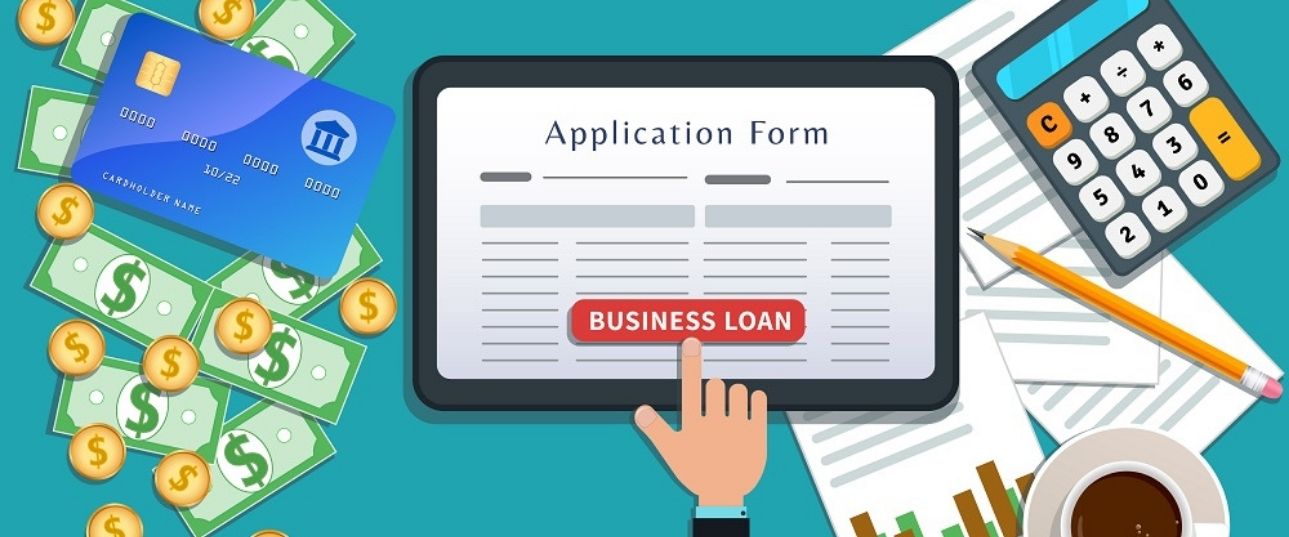When starting your business, a small business loan, personal loan, or credit card may sufficiently serve your financial needs. As your enterprise grows, you’ll likely need more capital to purchase inventory, fund operations, hire staff, and expand your operations. This is where you’ll need commercial loans. A commercial loan helps you expand your business. It can also help you stand out from competitors and sort out cash crunches.
Here is all you need to know about commercial loans.
What Are Commercial Loans?
Commercial loans provide capital to help businesses expand and increase revenue. For your business to get a commercial loan, it needs to be approved by a lender. Your repayment terms and interest rates will depend on the qualifications of your business. Commercial loans are mostly term loans, meaning you’ll need to pay fixed monthly payments for a given period, including real estate loans, business credit lines, and equipment financing loans. Other commercial financing options include ACH financing, merchant cash advances, and invoice factoring.
When getting a commercial loan, you may need to secure it through collateral. Collateral gives assurance to lenders that they can seize your property if you’re unable to repay the loan. Collateral includes real estate, equipment, accounts receivable, and more. The funding amounts, fees, terms, and interest rates that your business will be subjected to will hinge on your financial goals, credit history, and the type of loan you apply for.
Tips to Get a Commercial Loan
While different lenders have different eligibility requirements, the typical steps to follow when looking for a commercial loan include:
- Know Your Preferences – Determine your business goals and how the loan will help you achieve them. You should also be clear on the repayment terms that suit you, the amount you need, and the financing options that are ideal for your business.
- Have a Good Credit Score – Your business credit score and personal credit score are the key factors that lenders consider when reviewing your loan application. With a high credit score, you have more flexibility to negotiate favorable interest rates and terms. If yours is a new business and you haven’t established creditworthiness, your personal credit score will be considered instead.
- Keep the Required Documents Handy – When applying for a commercial loan, you’ll need several documents, including cash flow statements, business licenses, tax returns, balance sheets, and bank statements. Most lenders will want to assess your business history for at least the last two years.
- Create A Business Plans – Some lenders may require you to present your business plan that outlines your objectives and how you intend to reach them. It should also comprise your financial projections, strategies, objectives, and information about your business and industry.
How to Qualify for a Commercial Loan?
Your eligibility to get a commercial loan essentially hinges on your capacity to repay it. Lenders generally consider multiple factors when assessing your eligibility. Your credit score should ideally be high, and you should have a solid cash flow. Moreover, your business plan should clearly explain your goals and how you plan to attain them. You should also explain why you need financing, the amount required, and possible alternatives. You should present all the required information while showing that you’re diligent and organized.
Related Read: APPLYING FOR A COMMERCIAL LOAN? HERE’S WHAT YOU NEED TO KNOW
Is Minimum Down Payment Required?
Depending on your lender and your credit history, you may be required to make a minimum down payment of up to 20%. If you buy vehicles, equipment, or real estate with the loan, these products will act as collateral. In other instances, you will have to put up your business or personal assets as collateral.
If you need a commercial real estate loan, reach out to us at Fidelity Mortgage Lenders. We approve loans based on your property value rather than your credit. Contact us today for fast funding.
Comments are closed.








